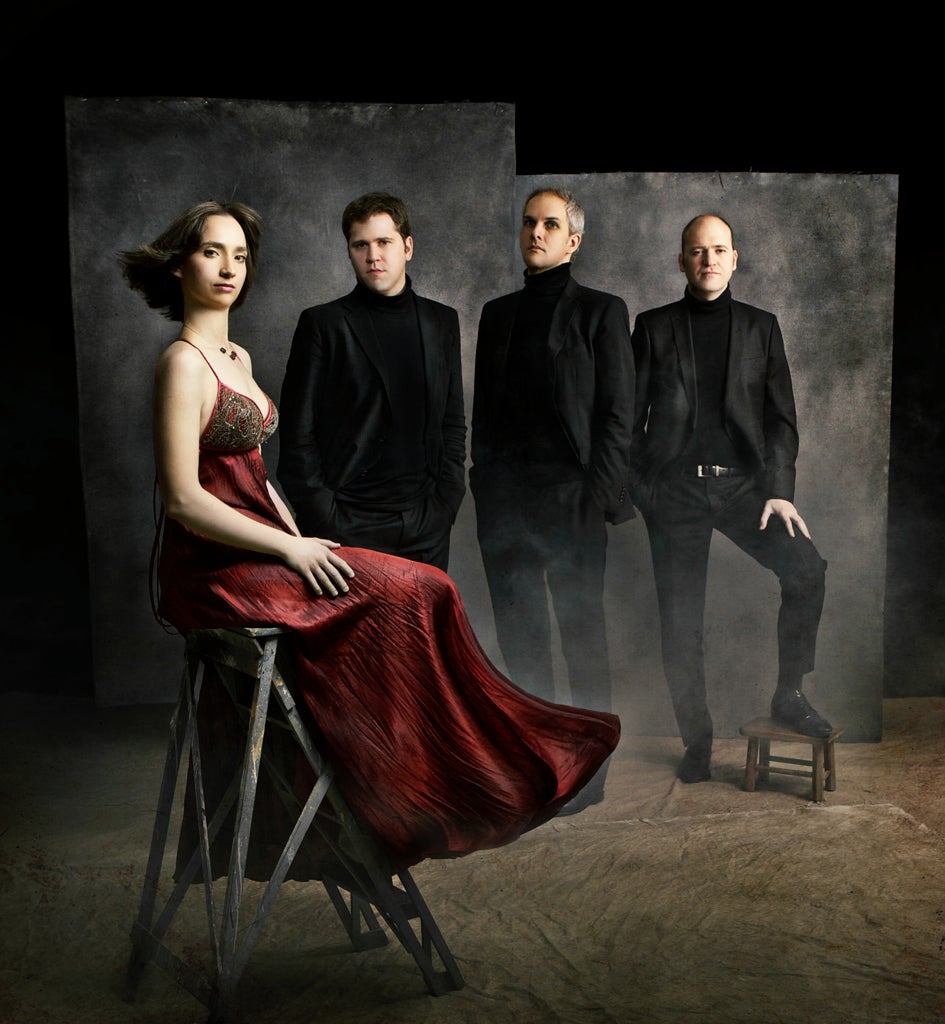
Your support helps us to tell the story
From reproductive rights to climate change to Big Tech, The Independent is on the ground when the story is developing. Whether it's investigating the financials of Elon Musk's pro-Trump PAC or producing our latest documentary, 'The A Word', which shines a light on the American women fighting for reproductive rights, we know how important it is to parse out the facts from the messaging.
At such a critical moment in US history, we need reporters on the ground. Your donation allows us to keep sending journalists to speak to both sides of the story.
The Independent is trusted by Americans across the entire political spectrum. And unlike many other quality news outlets, we choose not to lock Americans out of our reporting and analysis with paywalls. We believe quality journalism should be available to everyone, paid for by those who can afford it.
Your support makes all the difference.Teenage Franz Schubert’s prime goal may have been the composition of songs and symphonies, but he was also a prolific composer of string quartets, and this was virtually a social obligation.
The quartet he formed with his father and brothers was typical of early 19th century Vienna, where all socially-aspiring young people were expected to play Hausmusik whether talented or not.
The greatest quartet composers of all time - Haydn, Mozart, and Beethoven - had just shown what could be achieved with the form, and Schubert couldn’t wait to add his voice to theirs. His mature quartets are embedded in the repertoire but his early attempts are seldom performed, so it was an excellent idea for the Cuarteto Casals to devote two recitals to them.
In the String Quartet D18, which he composed when he was thirteen, the spirit of Haydn hovers benignly over the introduction before the Allegro whirls us off in a blaze of tremolando intensity. The counterpoint is stilted, and one hears Beethoven in the spacious Andante, but even at this early stage one can sense the seeds of Schubert’s future greatness.
Written respectively three and five years later, the quartet in C D46 and the G minor D173 quartet show a remarkably rapid professional development. In the first of these one can hear how Mozart’s voice has been harnessed to Schubert’s purpose, while the stylistic device which gives the finale of his last piano sonata its character is already to be heard here.
The second of these works, written when the composer was 18, is fully-fledged Schubert, with a ravishing Andantino and a finale where the composer skips between the keys with sure-footed grace. What’s striking is the way, even at the beginning of his career, Schubert knew when to shut up: his natural self-discipline precludes the verbosity which mars most other composers’ early works.
The teenage quartets in the second programme offered similar pleasures. The Andante of D32 was an exquisite romance, while the Adagio of the D87 could have been by Haydn but was no less ravishing for that. At other moments one could watch Schubert trying out effects and playing games with key-changes, almost always successfully.
And one couldn’t have wished for better advocates than the Cuarteto Casals, whose warm, full-toned playing was immaculate and poetic throughout.
Join our commenting forum
Join thought-provoking conversations, follow other Independent readers and see their replies
Comments